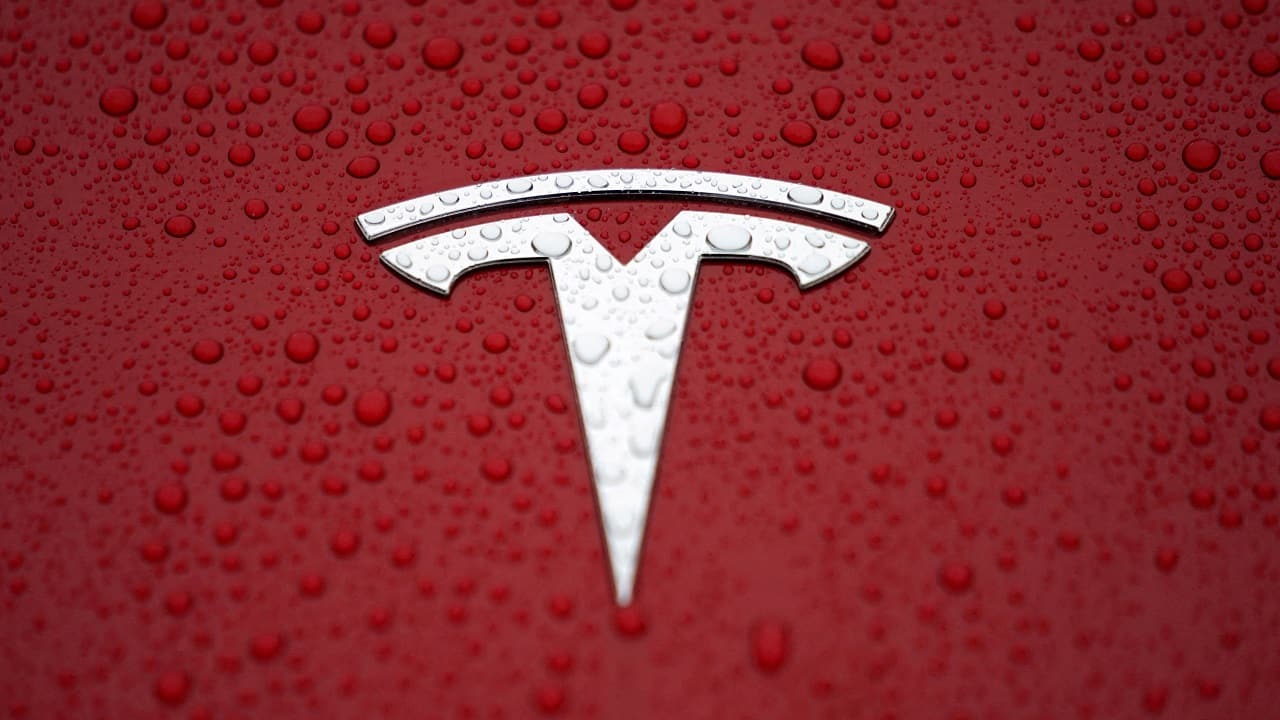 |
|
CLSA, a global brokerage firm, has assessed the potential impact of Tesla's entry into the Indian automotive market. Their analysis suggests that Tesla's immediate effect on established players like Maruti Suzuki, Hyundai Motors, and Tata Motors will be minimal. This conclusion stems primarily from the projected high cost of Tesla vehicles in India. Even with potential reductions in import duties, the combination of high initial price, substantial import tariffs, road tax, and insurance premiums will place Tesla's vehicles well above the average selling price of cars in India, which currently stands at approximately Rs 12 lakh. CLSA estimates that the on-road price of a Tesla Model 3 would likely exceed Rs 35 lakh, significantly higher than competing models from domestic manufacturers. This substantial price difference makes it unlikely that Tesla will significantly erode the market share of its Indian competitors in the near term. The report highlights that consumer purchasing decisions are driven by a variety of factors beyond just the powertrain, including interior space, features, aesthetics, perceived resale value, and price. These factors strongly favour the currently available options from domestic manufacturers which are already well-positioned to meet consumer preferences at more competitive price points.
The CLSA report further explores the possibility of Tesla launching a more affordable model in India, priced under Rs 25 lakh on-road. Even under this scenario, they predict that achieving competitive pricing would necessitate compromises on features and specifications compared to Tesla's established models in other markets. This would limit the vehicle's appeal relative to Indian-made EVs, which often offer a compelling combination of features and competitive pricing. Furthermore, even if import duties were reduced to the 15-20% range as anticipated under India's new EV policy, Tesla's vehicles would still remain considerably more expensive than those offered by Maruti Suzuki, Tata Motors, Mahindra & Mahindra, and Hyundai Motors India. This price differential strengthens CLSA's argument that Tesla’s entry will not create substantial disruption within the existing Indian EV market. The analysis emphasizes that for Tesla to achieve significant market penetration in India, local manufacturing would be crucial to reduce the overall cost and compete effectively with domestically produced vehicles at a significantly lower price point, perhaps in the range of Rs 35-40 lakh on-road even with reduced import duties.
CLSA's assessment also considers the current low penetration rate of electric vehicles in the Indian market (2.4%), contrasting this with Tesla's substantial global market share of approximately 15%, with especially high market share in China (10%) and the US (40%). While CLSA forecasts growth in India's EV market penetration to reach 15% by FY28 and 25% by FY30, they project that even if Tesla captures 10-20% of the EV market by FY30, its overall share of the passenger vehicle market would remain relatively modest, estimated at only 2-5%. This projection suggests a limited impact on the overall Indian automotive market. The report uses the example of Harley-Davidson's X440 motorcycle, which is priced considerably higher than the Royal Enfield Classic 350, demonstrating how higher pricing can limit market penetration, despite potentially positive product characteristics. The limited sales figures of the Harley-Davidson X440, compared to the strong performance of the Royal Enfield Classic 350, provide a relevant comparison for understanding the potential challenges for Tesla in India's price-sensitive market. The sharp share price declines experienced by Tata Motors, Mahindra & Mahindra, and Hyundai Motor India following reports of potential easing of EV import rules further highlight the market's sensitivity to the prospect of increased competition.
In conclusion, CLSA's analysis paints a picture of limited immediate disruption from Tesla’s entry into the Indian market. Their arguments center on Tesla's high projected pricing, even with import duty reductions, and the competitive landscape already established by domestic manufacturers offering compelling features and more affordable vehicles. While future market dynamics may evolve, the current conditions suggest that established Indian automakers will largely be unaffected by Tesla's initial impact. The report cautions that Tesla would need to significantly adjust its strategy, specifically local manufacturing, to achieve substantial market share within the Indian automotive sector. The report also emphasizes the long-term potential of the Indian EV market and its anticipated growth in the coming years.
Source: Tesla's India entry won't have a significant impact on Tata Motors, Maruti, Hyundai: CLSA
